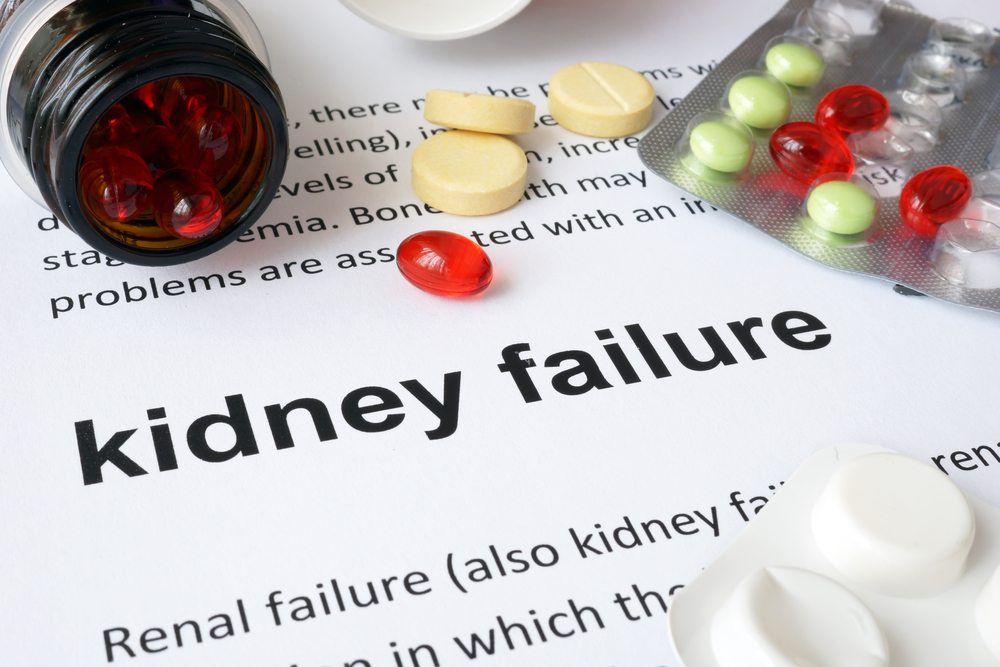Timely Treatment of Kidney Failure in Alport Patients Seen to Prevent Kidney Disease Progression

Timely treatment of kidney failure in Alport patients with different mutations can prevent progression to chronic kidney disease and end-stage failure, researchers reported.
The study, “Prospective Study On The Potential Of RAAS Blockade To Halt Renal Disease In Alport Syndrome Patients With Heterozygous Mutations,” was published in the journal Pediatric Nephrology.
Alport syndrome is mainly characterized by kidney failure as a result of mutations in the COL4 family of genes, including the COL4A4, COL4A3 and COL4A5 genes. Patients with mutations in the first two genes develop the severe pattern of the disease, with end-stage renal disease, but patients with mutations in the COL4A5 gene have a large variability in the clinical course although a lifetime risk of developing severe kidney disease.
Many patients receive therapies for kidney disease, but it is not yet clear whether timely renin–angiotensin–aldosterone system (RAAS) blockade can reduce the risk of kidney failure and prevent end-stage renal disease. This system is involved in the regulation of arterial blood pressure and its restriction has been shown to benefit patients with a range of conditions, such as hypertension, stroke and and diabetic renal disease.
Researchers evaluated the long-term renal outcome of Alport patients at risk of progressive disease (chronic kidney disease stages 1–4). They analyzed data from a four-year follow-up study in patients whose information had been included in an analysis of the 2010 database of the European Alport Registry. Specifically, they analyzed information (effects of therapy, extrarenal symptoms and inheritance pattern on renal outcome) of 52 of these patients, and of 13 patients added to the registry in 2011.
At the time of starting therapy, certain patients presented signs of kidney failure: 5.4 percent had an estimated glomerular filtration rate of less than 60 ml/min, 67.6 percent had proteinuria (protein in the urine), and 27 percent had microalbuminuria.
Most patients received angiotensin-converting enzyme inhibitors (97.1 percent), but other therapies were also included, such as angiotensin receptor antagonists (in 1 patient), dual therapy (11.8 percent of patients) and statins (8.8 percent).
In patients first included in the registry, these therapies prevented the need for dialysis. Among the newer group of patients, there was no risk of kidney failure progressing to the next disease stage after the four-year follow-up. Three patients even regressed to a lower stage during therapy.
These results showed that treatment with RAAS blockers can stop kidney disease progression in Alport patients with different mutations.
“In our patients, the average time-span from first symptom to diagnosis was more than 8 years. This delay in establishing a diagnosis (and initiating adequate therapy in a subset of patients) was unexpected and — as the disease is treatable — not acceptable from a preventive point of view,” the authors wrote. “Preventive RAAS blockade might prolong life and improve the quality of life of these patients.”
For this reason, the authors concluded that “greater alertness towards timely diagnosis and therapy has the potential to prevent progressive renal failure in most — if not all — [Alport] patients with … mutations in the causal genes.”







Leave a comment
Fill in the required fields to post. Your email address will not be published.